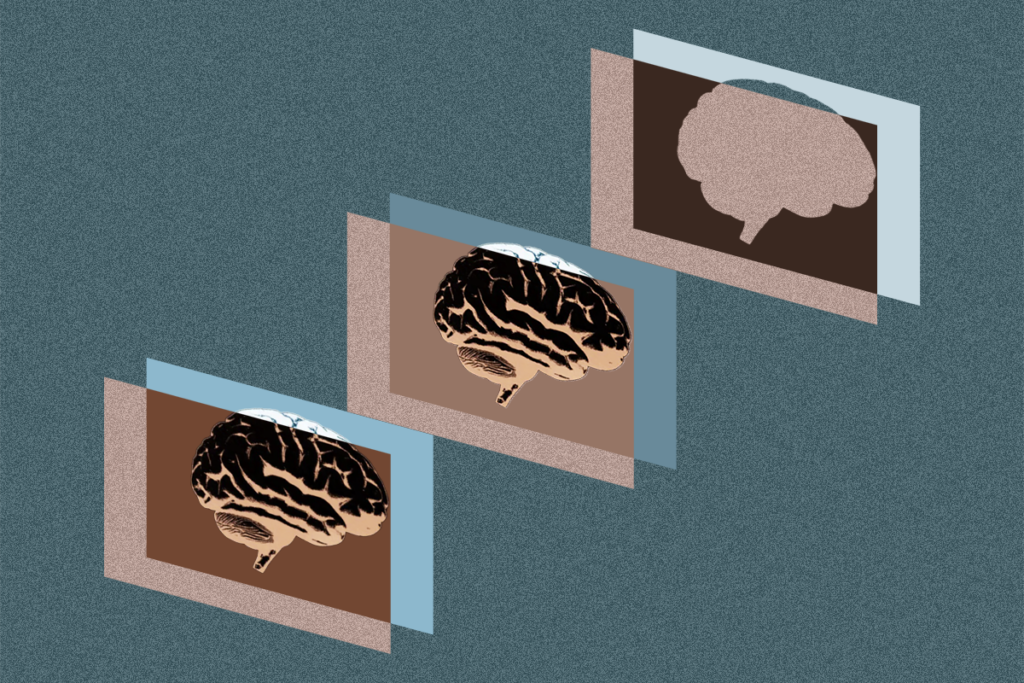WCPG 2011
Recent articles
Ambitious U.K. project set to sequence 10,000 genomes
The largest and most ambitious genome-sequencing project to date aims to identify rare variants and study their association to disease traits in 10,000 people.

Ambitious U.K. project set to sequence 10,000 genomes
The largest and most ambitious genome-sequencing project to date aims to identify rare variants and study their association to disease traits in 10,000 people.
Autism exome study pinpoints mutations in brain genes
Children with autism carry many more spontaneous point mutations in genes expressed in the brain compared with their unaffected siblings, according to unpublished findings presented Monday at the World Congress of Psychiatric Genetics in Washington, D.C.

Autism exome study pinpoints mutations in brain genes
Children with autism carry many more spontaneous point mutations in genes expressed in the brain compared with their unaffected siblings, according to unpublished findings presented Monday at the World Congress of Psychiatric Genetics in Washington, D.C.
Researchers identify gene regulating amygdala volume
A variant of the FGF14 gene may decrease the volume of the amygdala, a brain structure needed to interpret emotions in facial expressions, according to results presented on Sunday at the World Congress of Psychiatric Genetics in Washington, D.C.

Researchers identify gene regulating amygdala volume
A variant of the FGF14 gene may decrease the volume of the amygdala, a brain structure needed to interpret emotions in facial expressions, according to results presented on Sunday at the World Congress of Psychiatric Genetics in Washington, D.C.
Explore more from The Transmitter
Exclusive: Recruitment issues jeopardize ambitious plan for human brain atlas
A lack of six new brain donors may stop the project from meeting its goal to pair molecular and cellular data with the functional organization of the cortex.

Exclusive: Recruitment issues jeopardize ambitious plan for human brain atlas
A lack of six new brain donors may stop the project from meeting its goal to pair molecular and cellular data with the functional organization of the cortex.
How pragmatism and passion drive Fred Volkmar—even after retirement
Whether looking back at his career highlights or forward to his latest projects, the psychiatrist is committed to supporting autistic people at every age.

How pragmatism and passion drive Fred Volkmar—even after retirement
Whether looking back at his career highlights or forward to his latest projects, the psychiatrist is committed to supporting autistic people at every age.
The brain’s quiet conductor: How hidden cells fine-tune arousal
New research published today suggests that the pericoeruleus acts as a kind of micromanager of arousal, selectively inhibiting different subgroups of locus coeruleus neurons depending on the behavioral context.
The brain’s quiet conductor: How hidden cells fine-tune arousal
New research published today suggests that the pericoeruleus acts as a kind of micromanager of arousal, selectively inhibiting different subgroups of locus coeruleus neurons depending on the behavioral context.